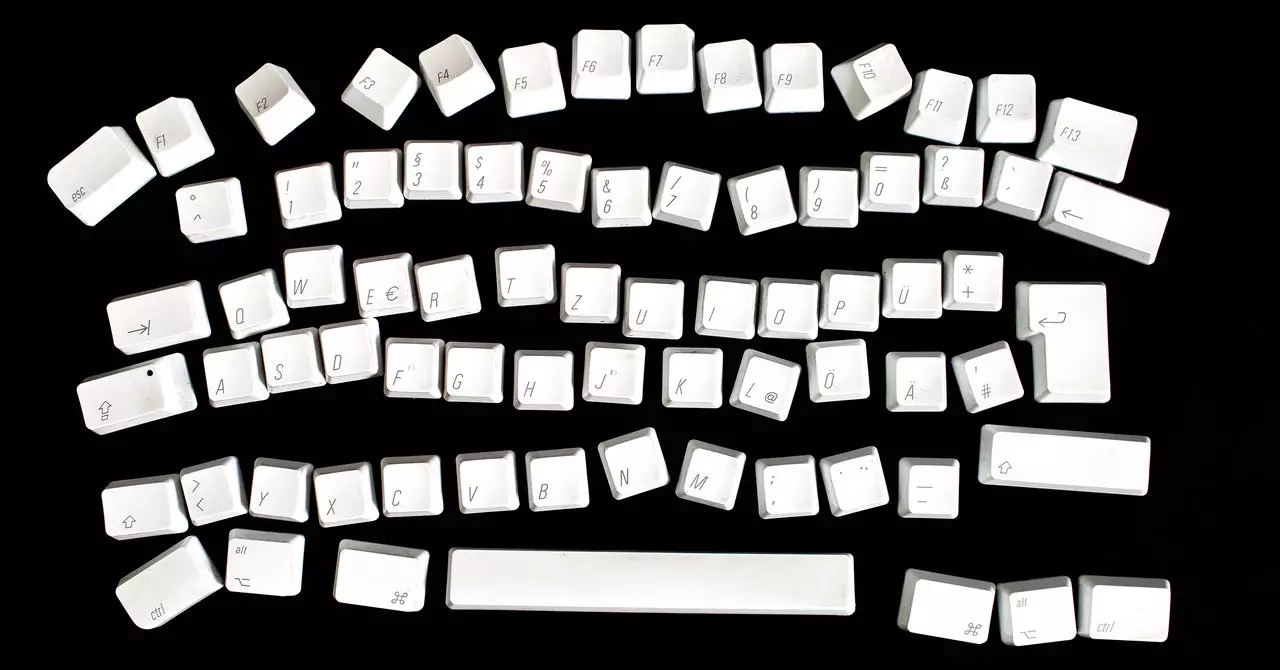Detecting when text has been generated by tools like ChatGPT is a difficult task. Popular artificial-intelligence-detection tools, like GPTZero, may provide some guidance for users by telling them when something was written by a bot and not a human, but even specialized software is not foolproof and can spit out false positives.
Text Watermarking
In this article, which was written about two months after the launch of ChatGPT, I started to grapple with the complexities of AI text detection as well as what the AI revolution might mean for writers who publish online. Edward Tian, the founder behind GPTZero, spoke with me about how his AI detector focuses on factors like text variance and randomness.
A fantastic piece from last year’s October issue of WIRED, this article gives you an inside look into Edward Tian’s mindset as he worked to expand GPTZero’s reach and detection capabilities. The focus on how AI has impacted schoolwork is crucial.
Responsibility of Companies
Do companies have a responsibility to flag products that might be generated by AI? Kate Knibbs investigated how potentially copyright-breaking AI-generated books were being listed for sale on Amazon, even though some startups believed the products could be spotted with special software and removed.
Going beyond just homework assignments, AI-generated text is appearing more in academic journals, where it is often forbidden without a proper disclosure. “AI-written papers could also draw attention away from good work by diluting the pool of scientific literature,” writes Amanda Hoover.
One tool that teachers are trying to use to detect AI-generated classroom work is Turnitin, a plagiarism detection software that added AI spotting capabilities. Amanda Hoover writes, “Chechitelli says a majority of the service’s clients have opted to purchase the AI detection. But the risks of false positives and bias against English learners have led some universities to ditch the tools for now.”


Deja una respuesta